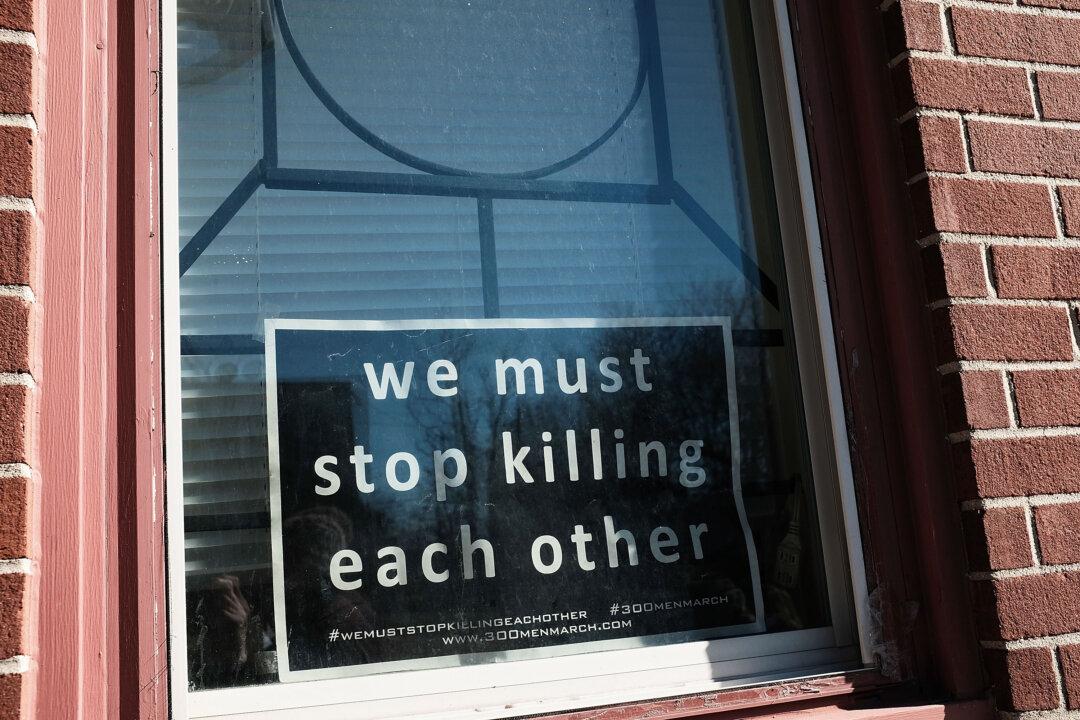Commentary
In 1954, Nobel Prize-winning author William Golding published the book “Lord of the Flies.” The novel and subsequent movie made from the book deals with a group of British boys who find themselves stranded on an uninhabited island with no adults. The boys try to govern themselves—with disastrous results—as they struggle with emotions, morality, cruelty, and other issues.





